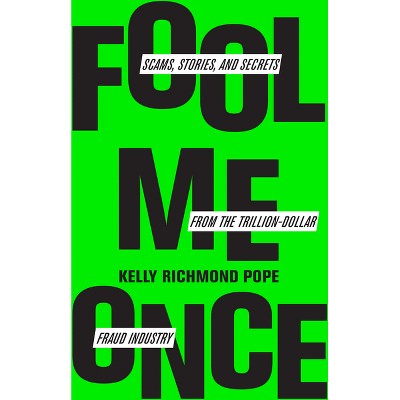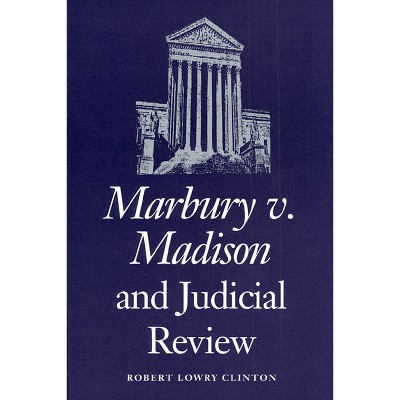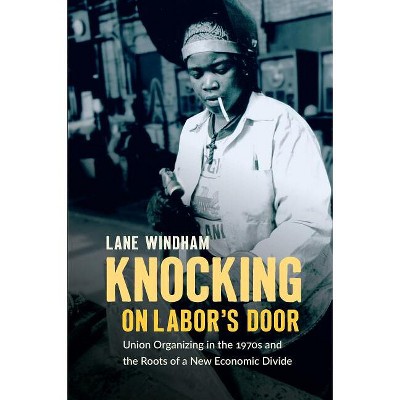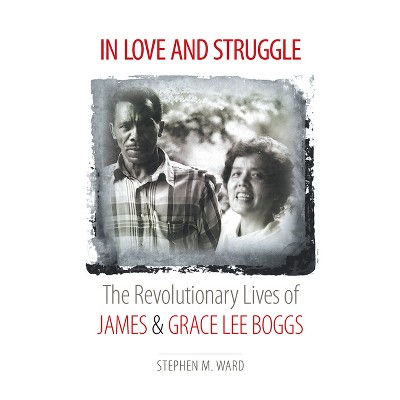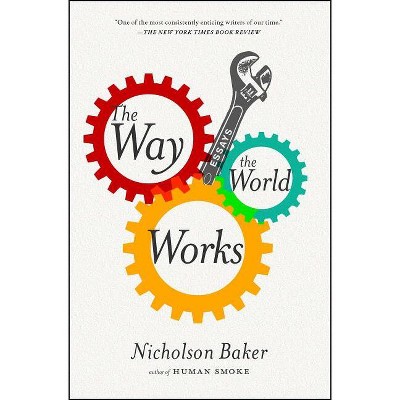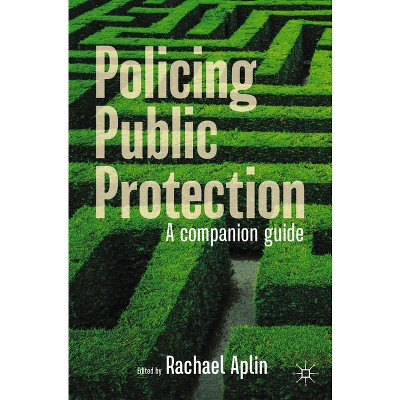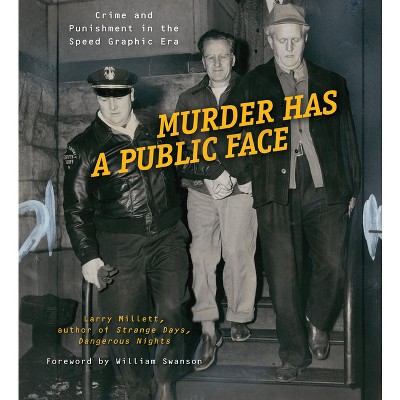Sponsored

Public Executions in Richmond, Virginia - by Harry M Ward (Paperback)
In Stock
Sponsored
About this item
Highlights
- Virginia's capital city knew poverty, injustice, slavery, vagrancy, substandard working conditions, street crimes, brutality, unsanitary conditions, and pandemics.
- About the Author: The late Harry M. Ward was William Binford Vest Professor of History Emeritus at University of Richmond.
- 231 Pages
- Social Science, Criminology
Description
About the Book
Virginia's capital city knew poverty, injustice, slavery, vagrancy, substandard working conditions, street crimes, brutality, unsanitary conditions, and pandemics. One of the biggest stains in the city's past was the spectacle of public executions, attended by throngs. Thousands, including the old and the very young, reveled in a carnival-like atmosphere. This book narrates the history of the executions--hangings, and during the Civil War also firing squads--that formed a large part of Richmond's entertainment picture. Revulsion slowly mounted until the introduction of the electric chair. The history has a cast of unusual characters--the condemned, the crime victims, family members, the executioners, and not least an 182 pound "gallows" dog.Book Synopsis
Virginia's capital city knew poverty, injustice, slavery, vagrancy, substandard working conditions, street crimes, brutality, unsanitary conditions, and pandemics. One of the biggest stains in the city's past was the spectacle of public executions, attended by throngs. Thousands, including the old and the very young, reveled in a carnival-like atmosphere. This book narrates the history of the executions--hangings, and during the Civil War also firing squads--that formed a large part of Richmond's entertainment picture. Revulsion slowly mounted until the introduction of the electric chair. The history has a cast of unusual characters--the condemned, the crime victims, family members, the executioners, and not least an 182 pound "gallows" dog.
Review Quotes
"as capital punishment fades into senescence, it is time to evaluate its long history...a useful foundation...Ward casts an unblinking eye...there is a story to be told about the consistent and pernicious influence of race and class...Ward performs the important task of making visible the long-buried life stories of those who would be otherwise lost forever"-The Journal of Southern History; "provides detailed information...hanged criminals were overwhelmingly poor and/or black...gives readers a sense of the political, economic, and social conditions in the city...excellent"-ARBA; "makes extensive use of original accounts.... In the litany of deaths it is very clear that most hanged were black and in poverty"-Reference & Research Book News.
About the Author
The late Harry M. Ward was William Binford Vest Professor of History Emeritus at University of Richmond. He was the author of 21 books, including college-level textbooks on Colonial America and the American Revolution, military biographies and studies of social aspects of the Revolution.Shipping details
Return details
Frequently bought together


Trending Non-Fiction






Discover more options

